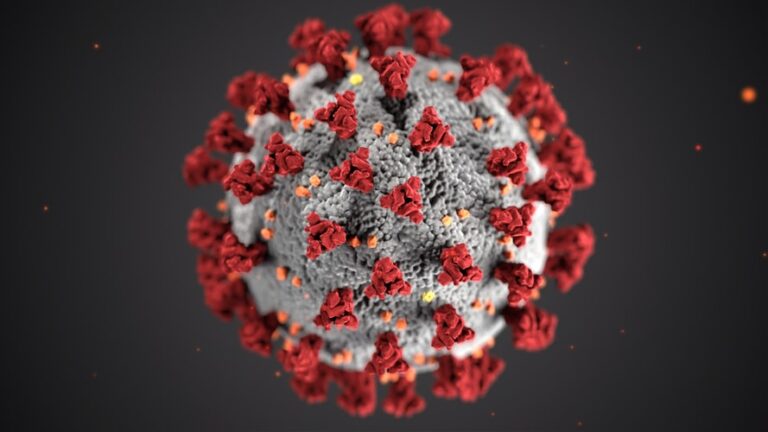Omicron is the newest coronavirus variant of concern
Omicron, the newest coronavirus variant, is also the quickest to be labeled a “variant of concern” by the World Health Organization because of its seemingly fast spread in South Africa and its many troubling mutations.
Genetic sequencing shows it carries a large number of mutations specifically on the spike protein — the knoblike structure on the surface of the virus that it uses to grapple onto the cells it infects.
Its emergence has already led to travel restrictions, high-level government meetings, and promises by vaccine makers to start working on strain-specific vaccines just in case.
But doctors want to remind Americans that they’re already facing a pretty formidable coronavirus variant — and that’s Delta.
Delta currently accounts for more than 99% of coronavirus cases that are genetically sequenced in the US, according to the US Centers for Disease Control and Prevention. It remains to be seen whether Omicron will outcompete Delta, but it will be tough.
“We still have, of course, in the US, a serious surge of the Delta variant. We should be thinking about that,” National Institutes of Health Director Dr. Francis Collins told CNN on Monday
Collins emphasized that the best protection against Delta and now Omicron is going to be vaccines and boosters.
“That was a reason already, but now add Omicron to the mix,” he said. “And we do believe that this new variant, which will probably come to our shores, will also be something vaccines and boosters can help you with.”
CDC strengthens booster guidance due to Omicron
The CDC strengthened recommendations for booster doses of coronavirus vaccine Monday, saying all adults should get boosted six months after their second dose of Pfizer/BioNTech’s or Moderna’s vaccine, or two months after the single-dose Johnson & Johnson vaccine.
It’s a slight but significant tweak to the wording of guidance issued earlier this month when the CDC endorsed an expanded emergency use authorization for boosters from the US Food and Drug Administration.
“Today, CDC is strengthening its recommendation on booster doses for individuals who are 18 years and older,” CDC Director Dr. Rochelle Walensky said in a statement.
“The recent emergence of the Omicron variant (B.1.1.529) further emphasizes the importance of vaccination, boosters, and prevention efforts needed to protect against COVID-19,” she added.
Previously, the CDC said people should get a booster if they are 50 or older, or 18 and older, and living in long-term care. Otherwise, it is advised that anyone 18 and older may get a booster. Now the word “should” applies to everyone 18 and older.
CNN








